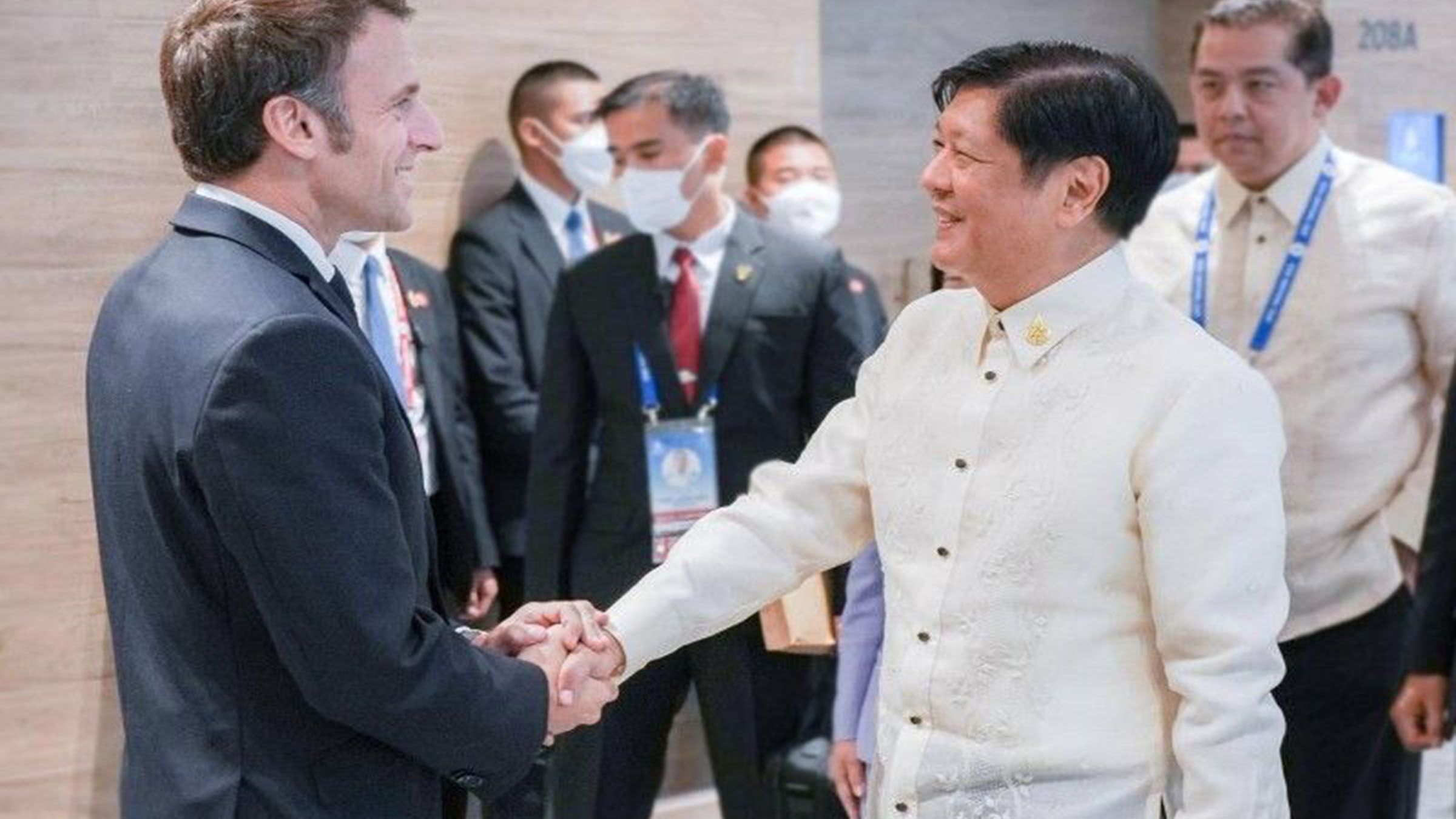President Marcos Jr. is considering constructing nuclear power plants to supply the growing energy needs of the country through deals possibly with South Korea, France, and China.
In his 1st SONA, Marcos said he believed now was the right time to reexamine the country’s approach and policy toward using nuclear energy, noting that with modern technology, safeguards have been placed against possible accidents, Inquirer reported.
Director Carlo Arcilla of the Philippine Nuclear Research Institute under the Department of Science and Technology said there was a “revival” on the use of nuclear power plants “because the whole world is concerned with carbon dioxide reduction.”
“The nuclear power plant has no [carbon dioxide] emission, so it is important in the climate change moves of the countries,” he explained.
US Vice President Kamala Harris, who visited Manila last week, said Washington and Manila were in negotiations on possible nuclear energy cooperation, citing the need for the so-called 123 Agreement to provide the legal basis for the United States to export nuclear equipment and materials to the country.
Section 123 of the US Atomic Energy Act requires the conclusion of a peaceful nuclear cooperation agreement before any transfer of nuclear material or equipment from the United States to another country.
For the Philippines to enter into a 123 Agreement with the United States, it must adhere to a set of stringent nuclear nonproliferation requirements. As of Nov. 2, 2022, the United States has 24 such agreements in force with such countries as China and Russia.
“So, this agreement is important because, without it, those American companies that have nuclear technology or those expert consultants will not be able to export to the Philippines,” Arcilla said.
Marcos had met with executives of NuScale Power, an American energy company offering advanced nuclear technology such as small modular reactors (SMRs), during his official visit to the United States last September.
Arcilla said other countries that were interested in having nuclear negotiations with the Philippines were South Korea, France, and China.
South Korea had earlier offered to rehabilitate the mothballed Bataan Nuclear Power Plant (BNPP) for $1 billion. Korea Hydro and Nuclear Power Co. Ltd., a subsidiary of Korea Electric Power Corp., conducted a pre-feasibility study on the rehabilitation of the BNPP in 2017 upon the request of the Department of Energy (DOE). This updated an earlier pre-feasibility study in 2008 which the Korean company conducted together with state-owned National Power Corp.
The $2.3-billion 620-megawatt BNPP, which was built by Westinghouse Electric of the United States in the mid-1970s during the regime of Mr. Marcos’ father and namesake, was never operated due to corruption allegations and safety concerns.
Arcilla also allayed public fears on the possible revival of the BNPP, saying South Korea has the exact model of the power plant that has been operating for 40 years now.
“They have an offer for us to revive the plant, they say they can operate our plant within five years. That is the fastest way to have nuclear power in the country even if it is [only] 620 megawatts,” he said adding that electricity cost in SK was half of the Philippines.
Arcilla said China was also “advanced” in terms of nuclear energy production.
Marcos, during his meeting with French President Emmanuel Macron in Bangkok said he wanted to partner with France to develop nuclear energy in the Philippines, citing France’s extensive experience in nuclear power production, pointing out that 67 percent of its power production was from nuclear energy.
France has 56 nuclear power plants and is Europe’s biggest net exporter of electricity.

